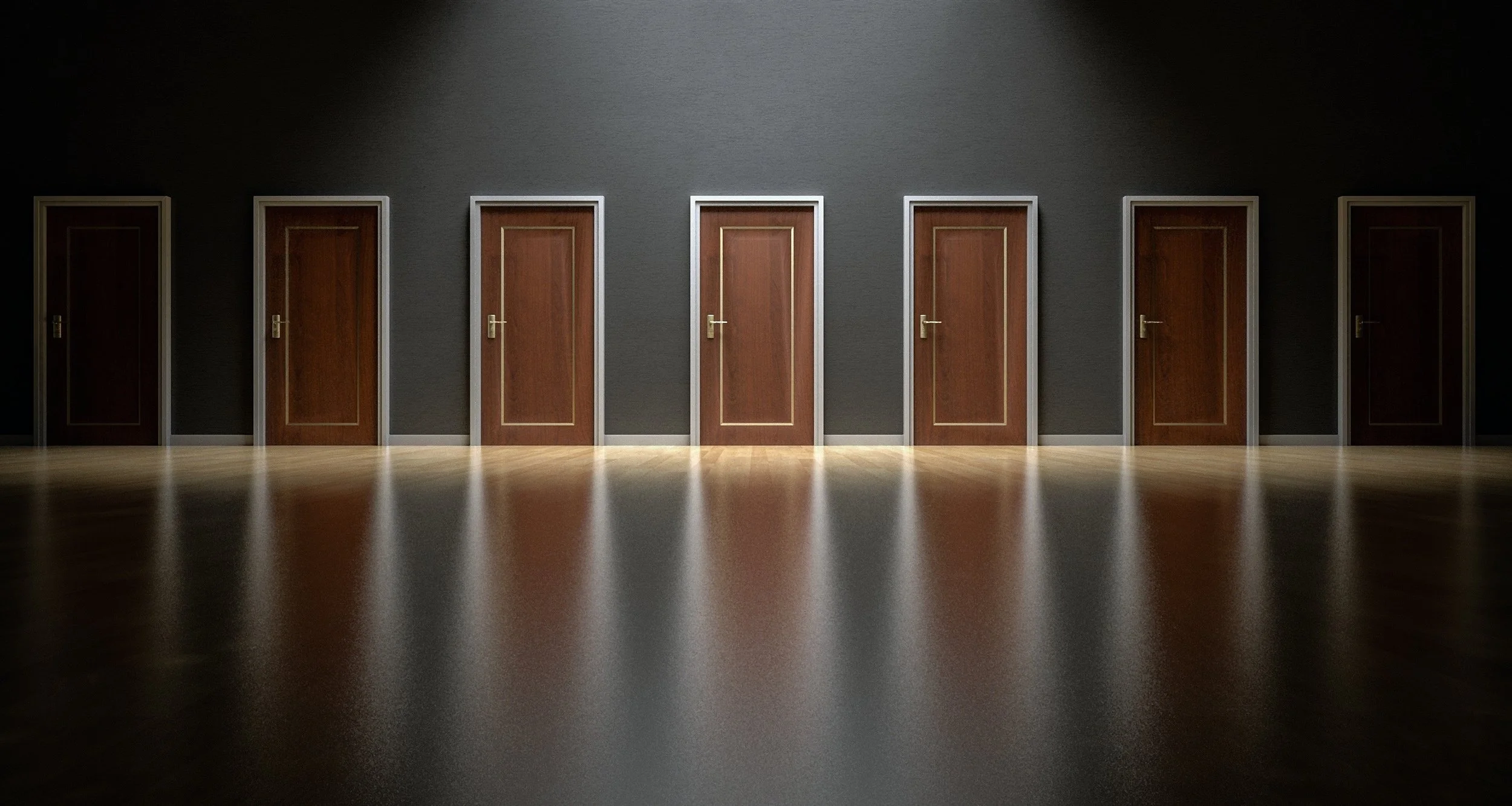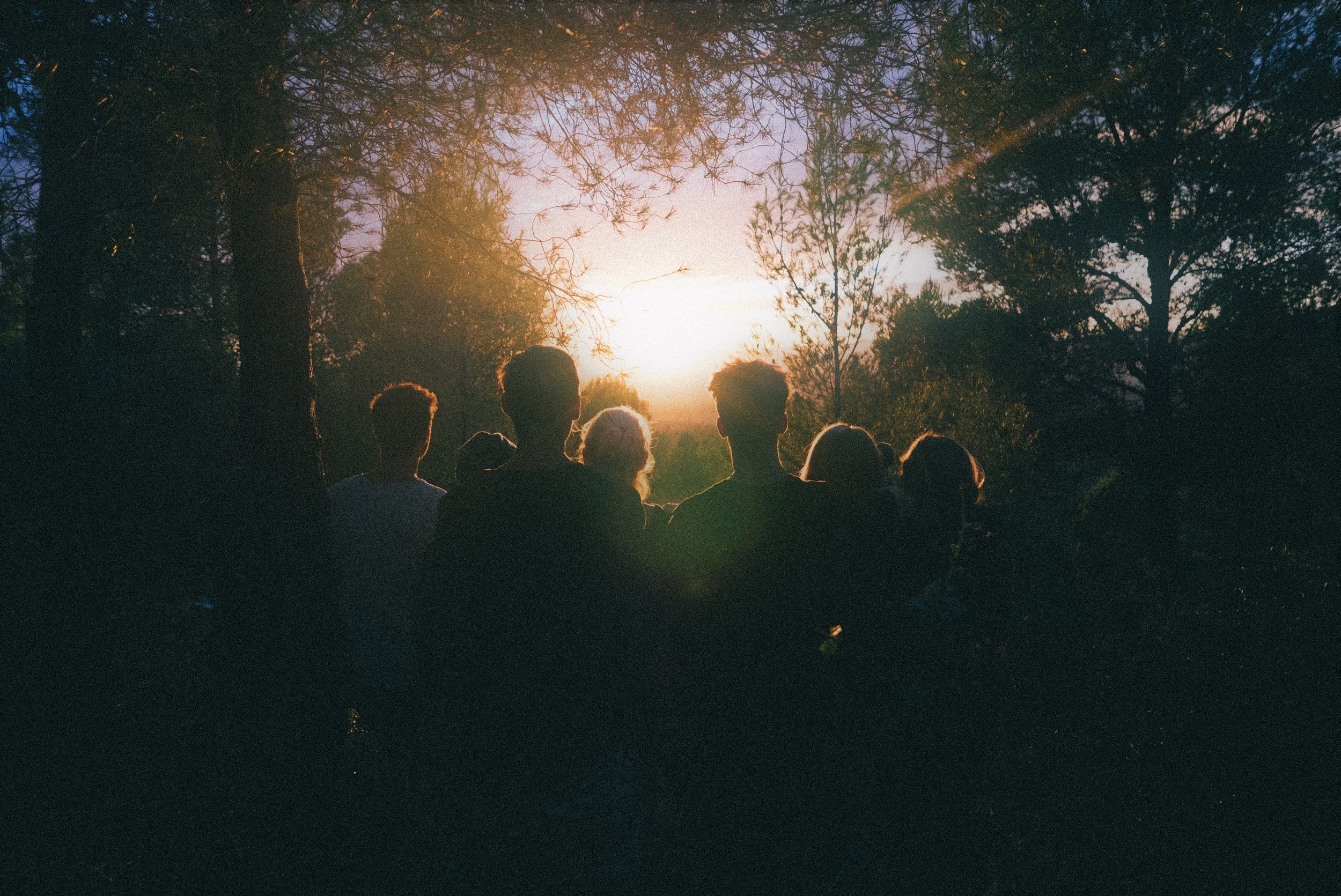
Kind Mind Gathering: Accessing Worlds With Concentration
WHO:
Join Todd Fink (certified addiction counselor and mindfulness teacher) for a message about concentration, group meditation and conversation about the meaning of life. Todd is the host of the Kind Mind podcast and co-founder of The Giving Tree Band.
HOW:
Open to all Kind Mind patreon members. Sign up here to receive the Zoom invite and bonus content:
https://www.patreon.com/kindmind
WHAT:
Accessing Worlds With Concentration.
We all have an often underused and therefore latent power of concentration. It is like the aperture of a camera which controls how much light comes through the lens. When it is smaller, it yields marvelous depth of field but a blurring of the periphery.
Similarly, the light of conscious attention can be directed like a laser to penetrate the phenomenal world to reveal deeper insights and master an aspect of life.
Ordinarily, our understanding and attentional interests are coming from the environment and outer conditioning with the illusion of one's willful direction, just as the tides appear to be the work of the ocean and not the invisible gravity of the moon.
Concentration also represents the sixth limb in the philosophy of yoga. Dharana is the Sanskrit word with its root "dhar" meaning "to hold." But this is not the same as meditation, which in some ways is the opposite, like the large aperture full of light due to having no specific focus.
In this meeting, we will explore various creative and contemplative paths to concentration, it's material and spiritual benefits as well as it's relationship to meditation and other limbs of yoga.


